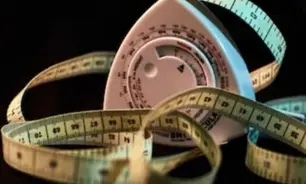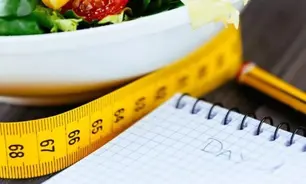TIME, PACE AND DISTANCE CALCULATOR
There are a couple of reasons you may want to find your ideal pace.
Firstly, it stops you from burning out, whilst making sure that you make the gains you want. If you go too slow the majority of the time, you won’t hit progression or overload; if you go too fast, you will knacker your joints and fatigue too quickly.
Secondly, measuring your pace will give you a good yardstick by which to measure your progress. Slowly beat your pace over time and you will be hitting progressive overload. Lose to your pace, and you will know that something about your training needs to be switched up.
SIGN UP FOR YOUR FREE DAY PASS TODAY!
A calculator will find out how fast you should be running. It’s inexact- you may find your ideal, natural pace is slightly slower or faster than a calculator tells you. However, as above, it’s a good yardstick, a good place to start out from.
A pace calculator will also show you how fast you should be running during different parts of your training cycle.
Interested in diving deeper into fitness metrics? Explore our BMI Calculator, BMR Calculator, TDEE Calculator, and Body Fat Calculator for a thorough insight into your health parameters.
Pace calculators
Whether you’re a new runner or a seasoned pro, going into your first race, aiming for a PR, or simply wanting to get out for a nice daily jog, a pace calculator and the feedback it can give you will be an invaluable tool in improving your training.
A pace calculator will determine how fast your pace should be if you have a certain finish time for a desired distance or race- it can show you, for example, the pace you will need to meet to complete a sub-hour 10k.
It can also find out your pace for your training run around the neighbourhood or track- find out how fast your pace was for that 40-minute, 5-mile training run last Thursday evening, for example.
Finally, it can reverse engineer the distance you run. If you know your pace, put that into the calculator with the time you spent running, and it can estimate how far you managed.
Calculating your pace
To calculate your running pace, a calculator will divide the distance you run by your running time. So, for instance, let’s go for a two-hour half-marathon. You will type 2 hours, 0 minutes into the calculator for time. You will choose half marathon (or type in 13 miles) for distance.
The calculator will then give you an estimate pace, which would come out at 9:23 minutes per mile. You will then know that you need to run each mile in 9.23 minutes, either consistently or on average.
If you enter any two of the three values (distance, pace and time) into the calculator, it will give you the third.
Calculating your finish time
You can also use a pace calculator to estimate your running time. Simply multiply your pace by the distance run, as mentioned above.
If you know, for instance, that you can comfortable run 1km in eight minutes, you can work out how long a 10km race will take you. Simply enter 8 mins/km under pace and 10km under distance. The calculator will then show you that your finish time: here, it would be 8x10= 80 minutes, or 1 hour 20 minutes.
Do note that most pace calculators will not take running conditions or terrain into account. The above 10km would take a lot longer through hilly terrain than it would on the flat, for example. It may also take longer in extreme heat or cold than in more moderate temperatures.
Also, there is only so far you can extrapolate a pace timing from smaller values. The above half marathon example assumes that you can run the same speed consistently for 13 miles. Don’t run half a mile and think that simply multiplying it by 26 will give you your true half-marathon time: you have to take fatigue into account.


















































































